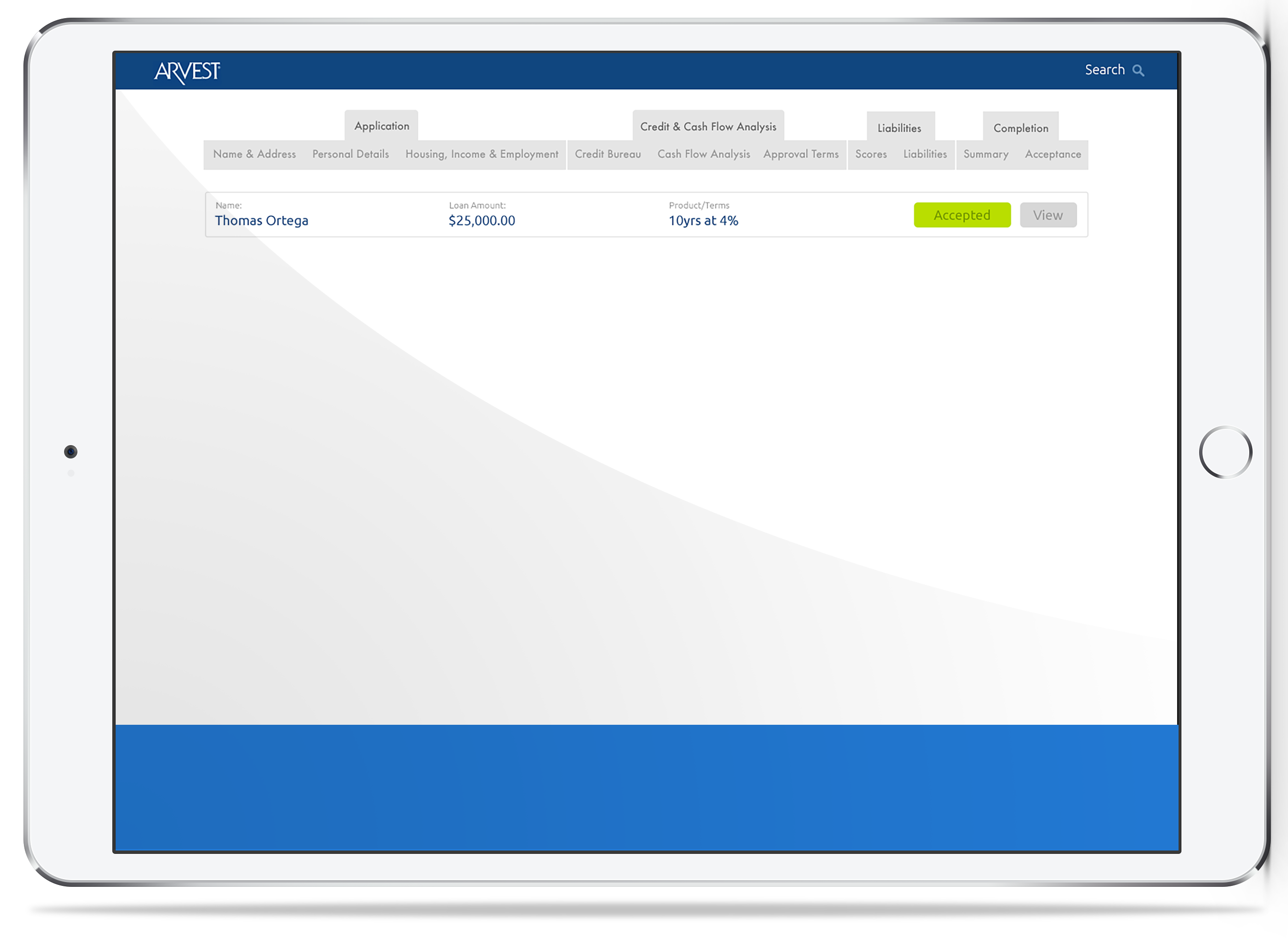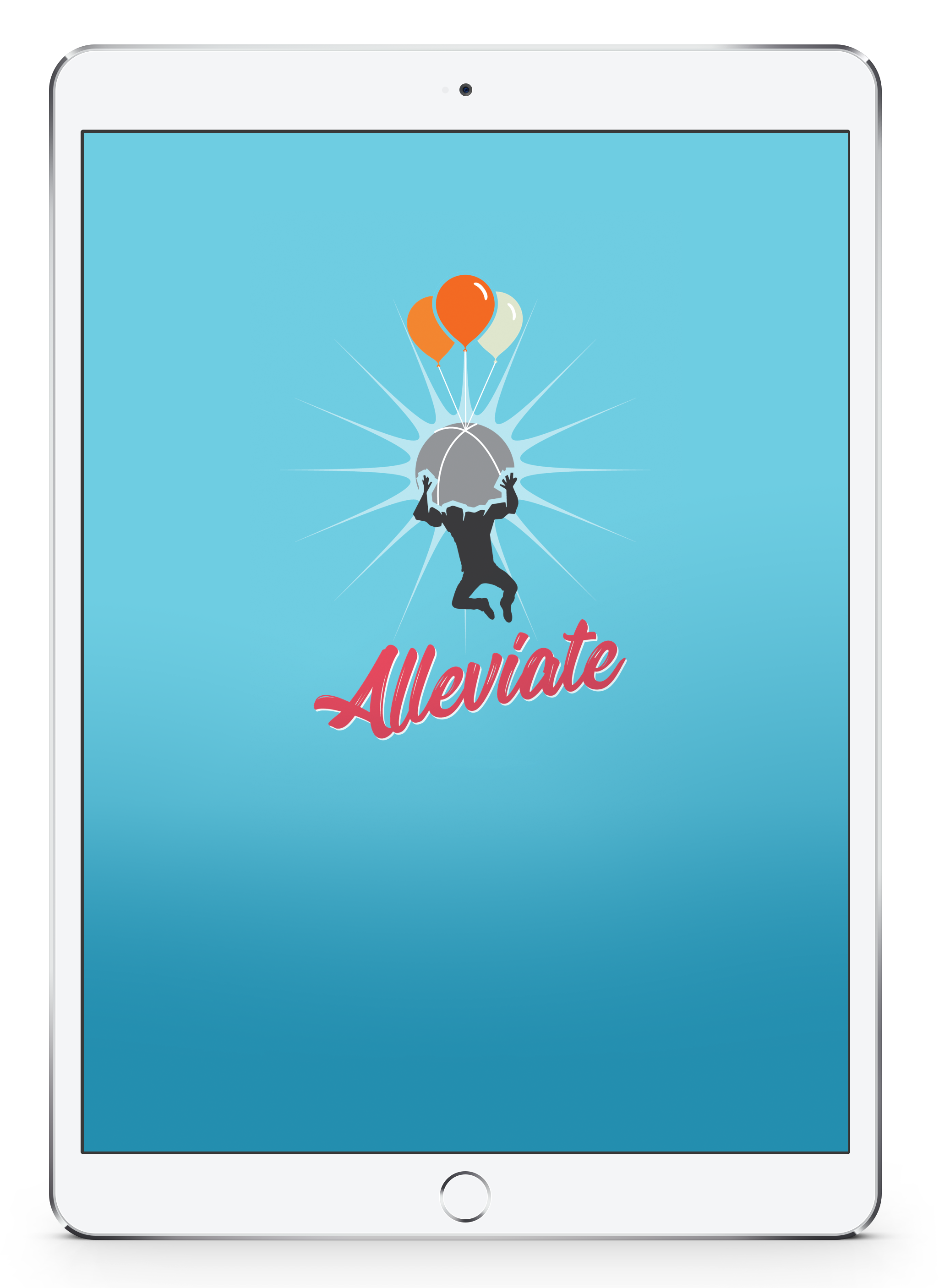In my first consulting job, I saved a small employment agency from losing its biggest client that provided 75% of their revenue. Total jobs saved: The 2 partners for sure and the various staff, but also all the temps and perms they placed.
In my second consulting job, I saved an entire division at a major bank from being shut down. Total jobs saved: 30 or so. I was barely 23 and I just figured this was how all consulting gigs were.
The most interesting aspect of both of those jobs was that I did more than just code. I was the UI designer, product manager, UX, client side programmer, backend end programmer, DBA and schema modeler.
I had no formal training at the time, unless you count a few classes in my 1 year college stint as formal training. I didn’t realize there were things as scope creep, project plans, or anything like that. I knew there were deadlines and that’s about it. (Oddly enough, half of the time in the bank project was just cleaning up years of old data since my system wouldn’t allow for “dirty data”.)
I started programming professionally right before web apps and way before mobile apps. In those days, at least it seemed to me, you just did all facets of the application yourself. There wasn’t the specialization that we have now.
The thing I remember being most important was none of the technical skills I listed above. Instead, what was most important then is the same thing that’s most important now: wanting to help people succeed.
Trust me: Computers can do anything.
I remember completing the final assignment in my 7th grade BASIC class. It was a text-based adventure game. I handed in the assignment and the instructor said, “No one has ever finished all the projects before you.” Again, I saw a list of projects and just assumed we were supposed to do them all, so I did. I did them without much questions, but rather relied on the documentation and requirements provided in our class syllabus.
I’d been an avid reader growing up and realized words can take you anywhere and show you anything. I realized that programming was just a very strict way of writing and that it too could do anything you could imagine.
Through my tenure, I’ve told clients over and over, “Yeah, I can make the app do this, that or the other. The question is not CAN I make it do something. The question is WHAT DO YOU want it to do.”
The reason why I was so successful at those first two gigs was that they knew what they needed the application to do, but left the implementation details up to me.
That’s the key to success: trust.
Know What You Know
Our team is small, but we’re fast and effective. The key reason is because we trust that if a person says they know something, they really do. I have known and worked with every team member for years. It allows us to create a workflow that enables us to deliver stuff fast and effectively. The coding, designing, infrastructure, etc is all stuff we do on our side of the fence. However, there’s a lot more needed for success.
The benefit of hiring a company who’s founder has programmed for over 17 years is that you get all the collective knowledge along with it.
I’ve seen projects succeed and fail. I’ve seen companies/divisions grow and die. I’ve seen teams gel well and fracture apart. I’ve burned the midnight oil at startups and lived the straight 40 at enterprises. I’ve made simple apps and immensely complex ones.
All this knowledge comes along with me and helps make your app/product/business a success.
What Technology Do You Work With
I like how people associate success with technology. “Facebook and WordPress use PHP. Do you know how to use that?” “X company uses Y technology. Do you know how to use that?” Computers can do anything, but they can also do the same things in many ways.
The thing I wish all clients better understood is that the technology you choose shouldn’t be based on another company you want to emulate.
The technology you should use is the technology that will get you results the fastest.
This is why we like iOS for native apps and MontageJS for web apps. Both are incredibly fast to get projects done.
When you build an app, you build a Proof of Concept (PoC) and then the real product. Sometimes you leverage ideas and bits of code from the PoC in the main product, but you tend to want to start fresh between the two.
I know every business wants to build the most scalable solution right out of the gate, but I don’t see why. A business is much like the product. You have a PoC stage where you show the business is viable by releasing something and getting customers. Once it takes off, then you build the real thing.
Does this cost extra money? Of course. I mean look at Twitter, Facebook, Apple, etc. and you’ll see the same thing. They start with a product and once things get big, they do major redesigns behind the scenes. Why do you think you shouldn’t be different? Just decide what you need and then worry about scaling later.
Choose Smart, Work Smart
Every consulting company you talk to will be book smart. Or should be, at least! They’ll amaze you with their technospeak. They’ll know all the latest styles of coding, etc.
We’re no different in that sense. However, we prefer to better understand you and your goals.
All the techno wizardry in the world is worthless if we can’t get you what you need.
We’ll hound you, probably annoy you and possibly even anger you at times. But we do it because you’re paying a lot of money to get something done and we want to make sure it’s getting done right!
Going back to those two examples above. I left some parts of the story out.
The first project I moved them, kicking and screaming, from a manual solution to a computerized one. They knew it was better for them, but they hated change.
In the second project, I had to convince every team member that I was not there to steal their job but to save it by making them more productive. It took one manager months before she finally caved in and still thought I was out to eliminate her job. However, once word came down the pipeline that their department was saved because of the extra effort we put into the app, she probably realized that I was smarter than she gave me credit for. I was long gone by then and that’s how it should be.
We come to help you become successful, then we watch you bask in the glory, knowing we did our job right. When you’re ready for the help, just call us.


